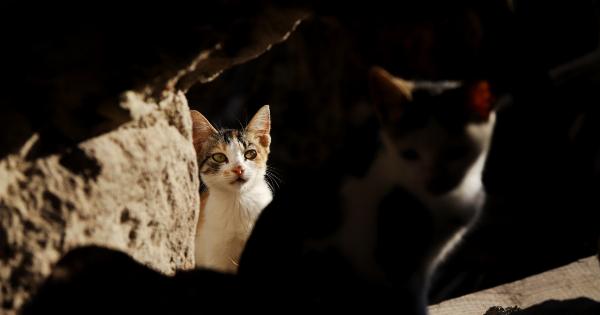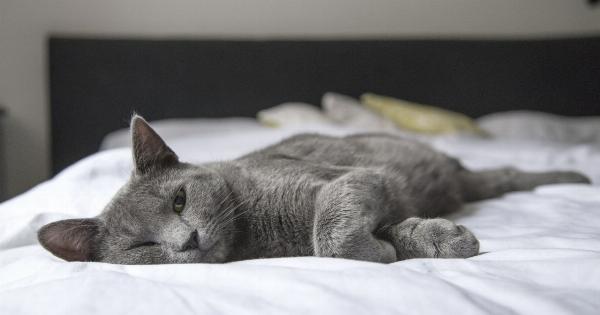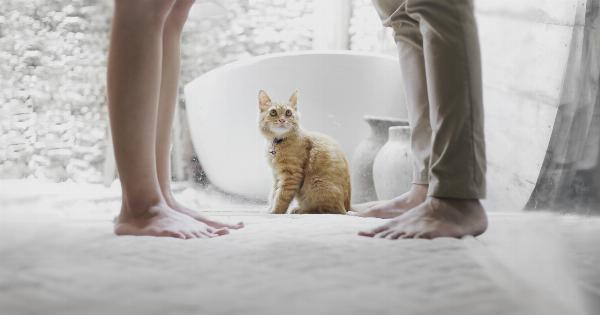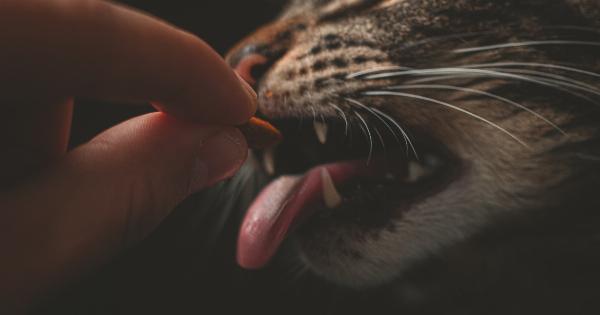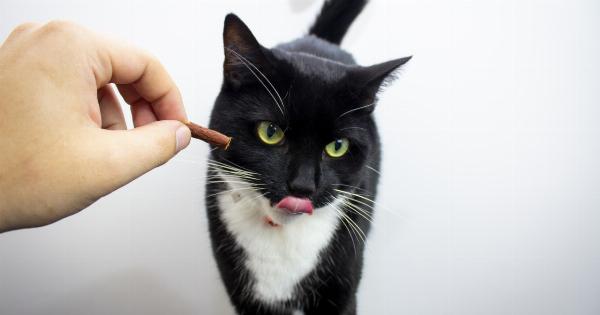Cats are known for their independent and self-sufficient nature, often hiding their pain or discomfort.
As a responsible cat owner, it is crucial to be vigilant and attentive to any signs of illness or distress that your feline friend might be experiencing. Recognizing these signs early on can help in prompt diagnosis and treatment, ensuring your cat’s well-being and longevity. Here are some common signs of illness to watch out for:.
1. Changes in Eating Habits
Loss of appetite or an increase in food consumption can both indicate underlying health issues in cats.
If you notice a significant change in your cat’s eating habits, it’s essential to monitor their food intake and consult a veterinarian if the change persists for more than a day or two.
2. Unexplained Weight Loss or Gain
Fluctuations in your cat’s weight, without any apparent reason such as changes in diet or exercise, can be a warning sign of an underlying illness.
Rapid weight loss or gain should never be ignored, as it can indicate serious medical conditions like hyperthyroidism or diabetes.
3. Changes in Water Intake
While cats generally require less water intake compared to dogs, noticeable changes in their drinking habits can be a cause for concern.
Excessive thirst or a sudden decrease in water consumption can indicate kidney or urinary tract problems, and should be examined by a vet.
4. Litter Box Changes
A cat’s litter box behavior can provide valuable clues about their health.
Difficulty or pain while urinating or defecating, frequent accidents outside the litter box, blood in urine or stool, or a sudden increase in litter box visits might indicate a urinary tract infection, blockage, or other gastrointestinal issues.
5. Respiratory Issues
Unusual coughing, sneezing, wheezing, or difficulty breathing are all signs of respiratory distress in cats.
If your cat is exhibiting any of these symptoms, it could be due to infections, allergies, asthma, or other serious conditions, which require immediate veterinary attention.
6. Changes in Behavior
Cats are creatures of habit, and any significant changes in their behavior patterns might be indicative of illness or discomfort.
Look out for unusual aggression, excessive meowing or vocalization, hiding in unusual places, sudden avoidance of social interaction, or any other behavior that seems out of the ordinary for your furry companion.
7. Skin and Coat Abnormalities
A healthy cat boasts a smooth, shiny coat and clean skin.
If you notice excessive shedding, bald patches, dandruff, redness, swelling, sores, or any other skin abnormalities, it could be a sign of underlying allergies, parasites, or dermatological conditions requiring veterinary attention.
8. Eye and Ear Issues
Discharge, redness, swelling, cloudiness, excessive tearing, or any other abnormality in your cat’s eyes or ears should not be ignored. These symptoms can indicate infections, allergies, or even more severe issues like glaucoma or ear mites.
9. Vomiting or Diarrhea
Occasional vomiting or diarrhea could be attributed to dietary changes or a mild illness.
However, if these symptoms persist or become chronic, it can be indicative of dietary sensitivities, infections, organ dysfunction, or other serious gastrointestinal disorders.
10. Changes in Mobility
Difficulty in climbing stairs, jumping onto furniture, or sudden lameness can be signs of joint problems, arthritis, injuries, or other musculoskeletal issues in cats.
If you observe any of these changes in your cat’s mobility, it’s crucial to seek veterinary care to manage discomfort and maintain their quality of life.
Remember, as a cat owner, you are your feline companion’s first line of defense. Regularly monitoring their behavior, appetite, litter box habits, and overall health can help you detect signs of illness early on.
If you notice anything unusual or worrisome, do not hesitate to consult a veterinarian for professional guidance. Your love and attention, coupled with timely veterinary care, can significantly contribute to your cat’s health and well-being.




